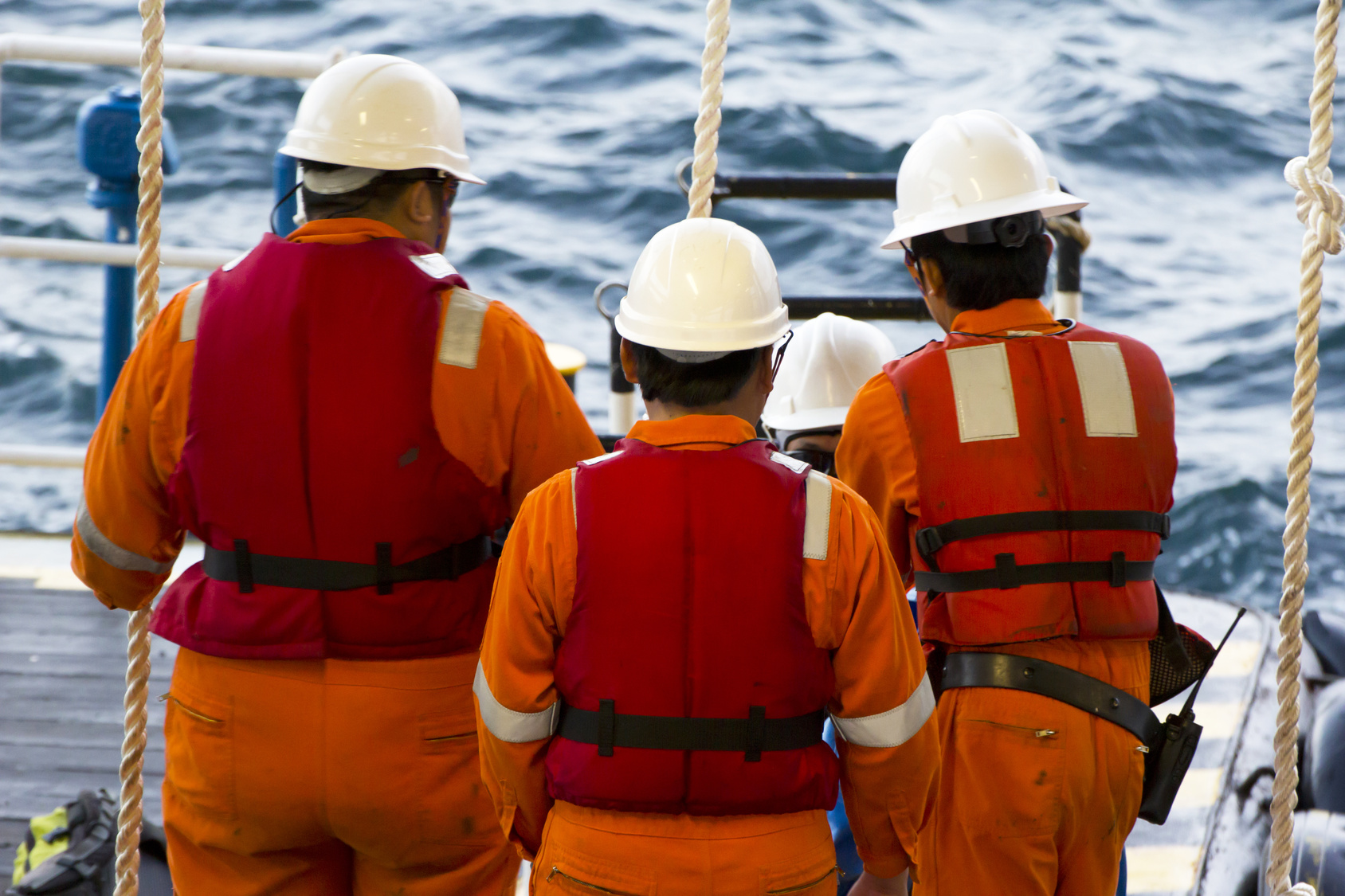A worker has filed suit against his employer over injuries he sustained on a ship while swinging from a platform rope. On January 20th, David Thomas filed a lawsuit in New Orleans federal court against Oceaneering International, Inc. According to Thomas, he injured his shoulder on October 27, 2011 while working as a crewmember aboard the DSV Ocean Project. Thomas claims he became injured swinging on a rope from a platform onto the ship while the DSV Ocean Project was engaged in performing commercial diving operations in the Gulf of Mexico. Thomas has accused his employer of negligence and alleged Oceaneering International failed to provide him with proper safety equipment, a safe working environment, and a properly manned ship. He requested a jury trial and is seeking compensation for maintenance and cure, lost wages and fringe benefits, medical expenses, lost earning capacity, court costs, and attorney's fees. Workers who are injured at sea usually have little recourse through state workers' compensation laws. Instead, they are protected by the Jones Act, a federal law. The Jones Act was passed by Congress in 1920 to protect marine employees injured while working offshore on a floating vessel. The Act provides an injured employee with the right to sue his or her marine employer directly. For the law's protections to apply, an offshore vessel must be mobile and the injured worker must fit the Act's definition of a seaman. Traditionally, courts have classified a worker's status broadly to include most staff on a ship or other vessel within the definition of "seaman." Generally, Jones Act claims are predicated on an act of negligence or allegations of a marine vessel's lack of seaworthiness. The Jones Act provides an employee with the opportunity to seek maintenance and cure and recover for personal injuries. The Act does not allow for non-pecuniary awards, however. Determining a marine employee's seaman status and the amount of compensation an injured seaman may receive under the Jones Act can be complicated. If you were injured while working at sea, it is a good idea to consult with an experienced Jones Act attorney to help you determine your seaman status and protect your rights. If you have questions regarding an injury you received while working offshore, our New Orleans maritime and offshore injury attorneys can help. J. Price McNamara will assist you in determining your employee status and seeking damages for your injuries. Our experienced Jones Act attorneys represent clients throughout Louisiana, including Baton Rouge, Metairie, New Orleans, Lafayette, and Mandeville. For a free initial consultation, call J. Price McNamara today at (866) 248-0580. You may also contact us through our website.
Worker Injured on Ship in Gulf of Mexico Sues Employer in New Orleans Federal Court



